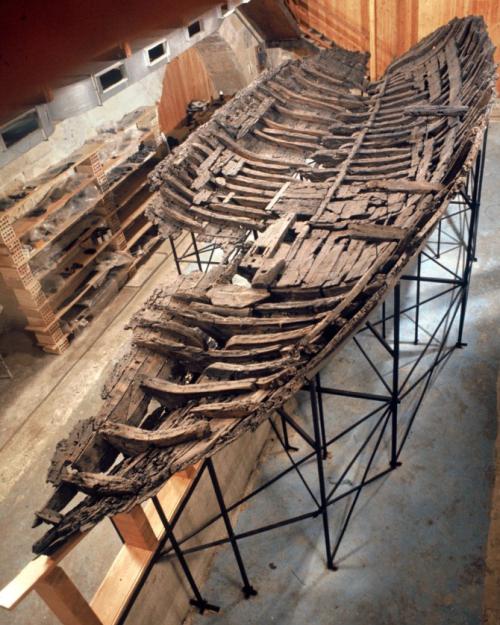Sturt Manning, Distinguished Professor of Arts and Sciences in Classics, received the P. E. MacAllister Field Archaeology Award at the Annual Meetings of the American Society of Overseas Research (ASOR) in Boston in November.
The award is given annually to honor an archaeologist who has made outstanding contributions to ancient Near Eastern and Eastern Mediterranean archaeology during their career. According to the award citation, “Sturt is more than deserving of this award based on his many outstanding and impactful contributions to the archaeology of Cyprus and the wider Near East and Eastern Mediterranean.”
Manning addresses questions about complex societies, state formation and interactions in his research and fieldwork centered on Aegean, Cypriot, Anatolian and east Mediterranean archaeology. He is a leading scholar of dendrochronology/dendroarchaeology and radiocarbon dating and analysis, particularly in the east Mediterranean and Near East, as well as North America and Mexico.
In recent discoveries, Manning has led the Cornell Tree-Ring Laboratory to identify the likeliest timeline of the famous Hellenistic-era Kyrenia shipwreck between 296-271 BCE, with a strong probability it occurred between 286-272 BCE. He also led an interdisciplinary collaboration using tree ring and isotope records to pinpoint a severe three-year drought as a likely culprit in the collapse of the Hittite Empire in the Late Bronze Age.
In addition to many other recent archaeological contributions, Manning has used cutting edge statistical analysis to zero in on a much narrower range of dates for the massive Thera eruption in Greece, which he called “the single most contested date in Mediterranean history for over 40 years.” In 2022, he reported a date range of approximately 1609 to 1560 BCE, and in a 2024 publication, within the range 1617 to1565 BCE.
Manning said he was greatly honored by the award and noted he has been fortunate to work with and collaborate with many great colleagues and students both at Cornell and elsewhere.




